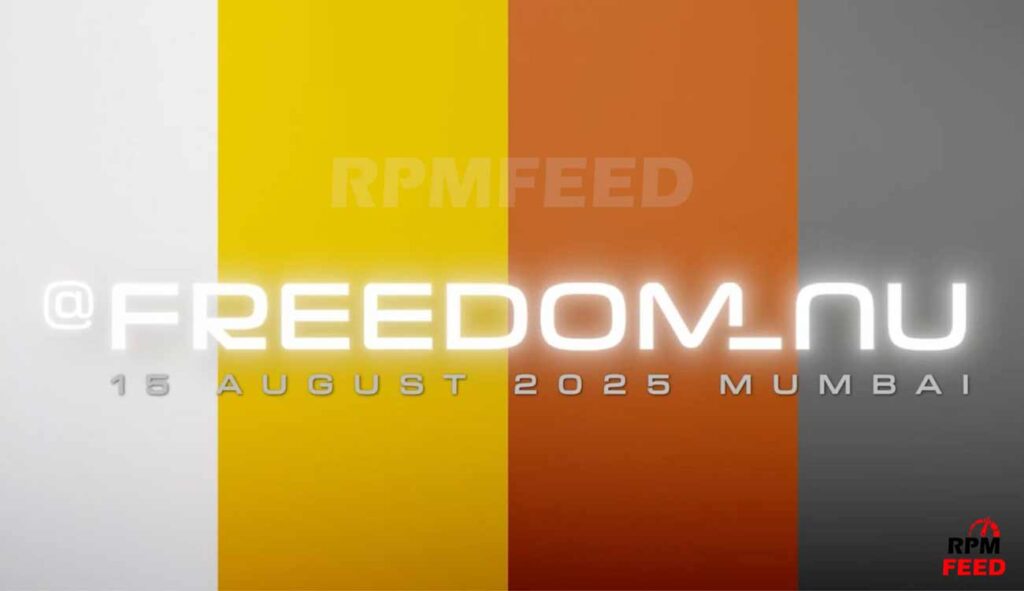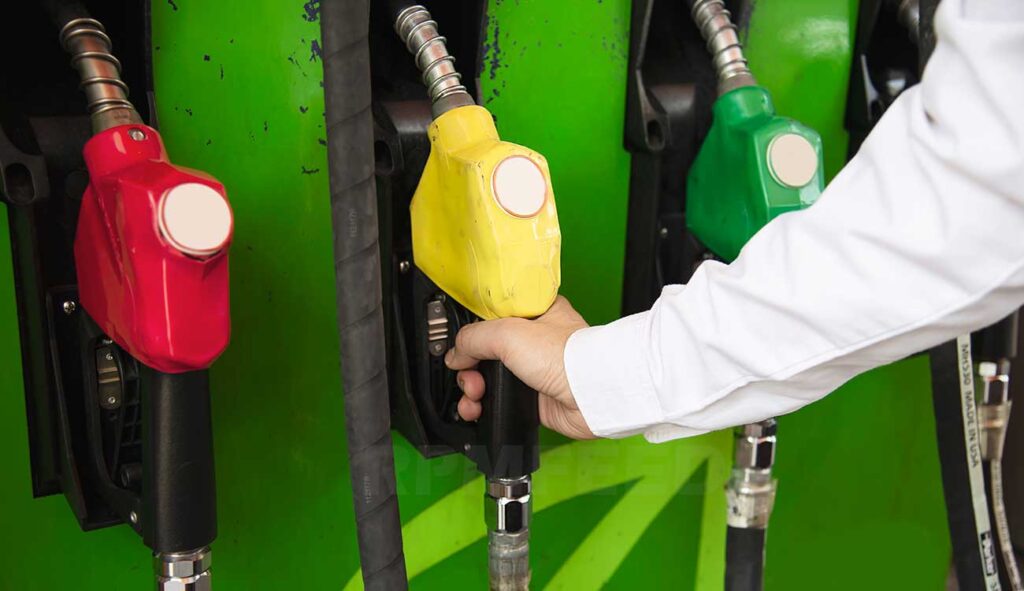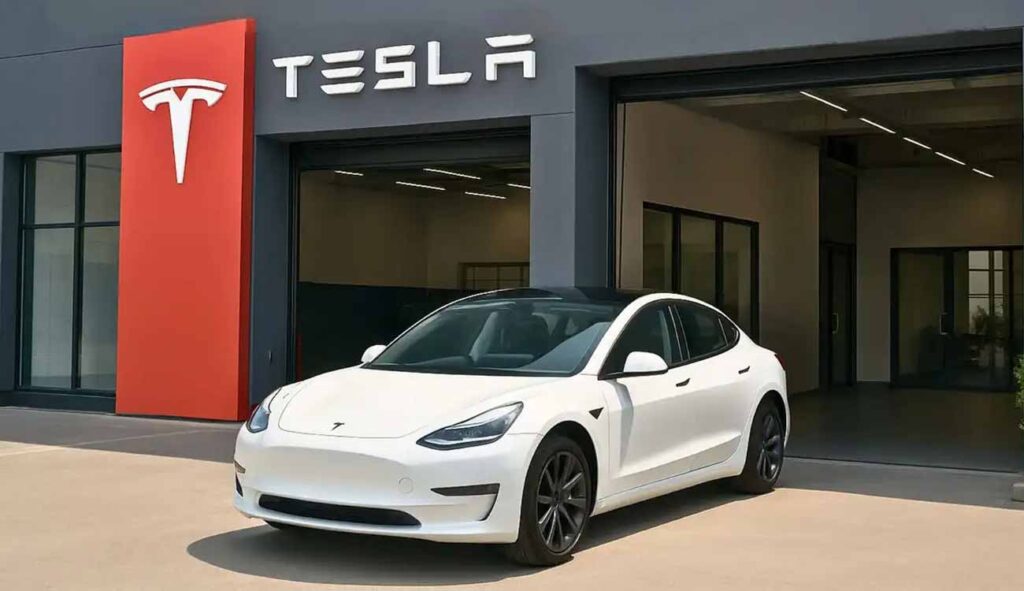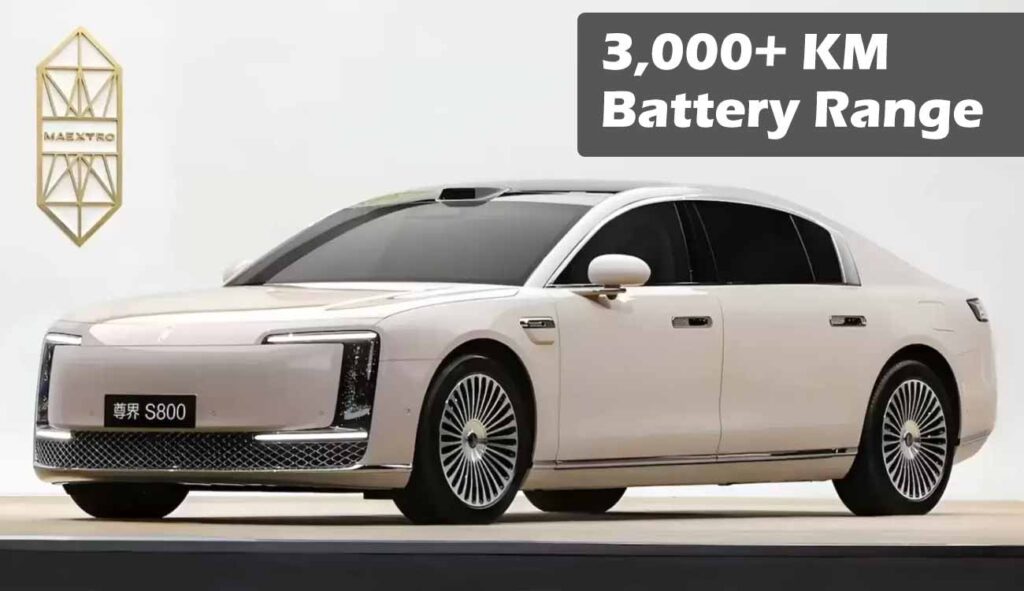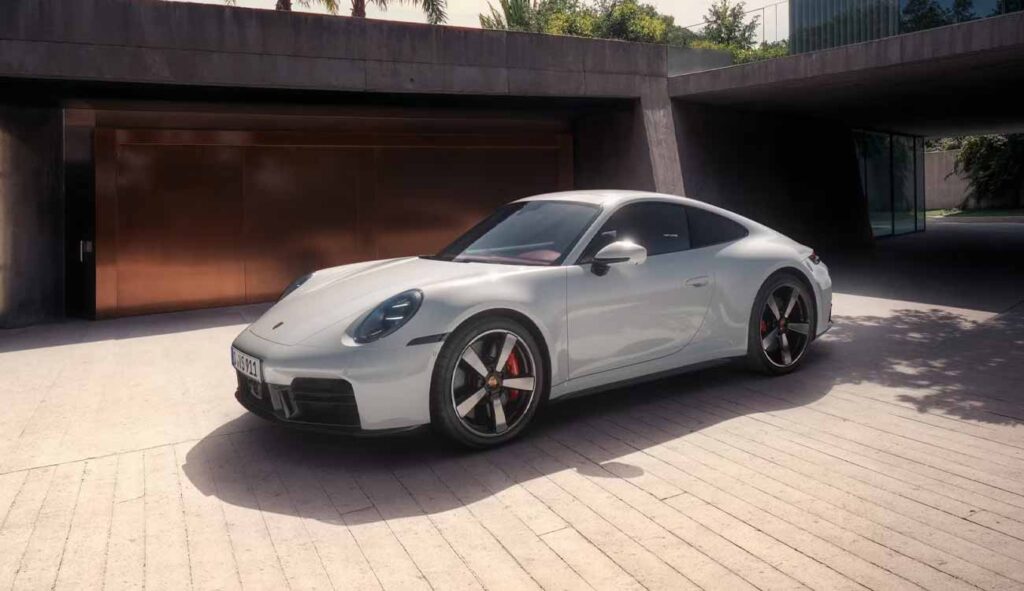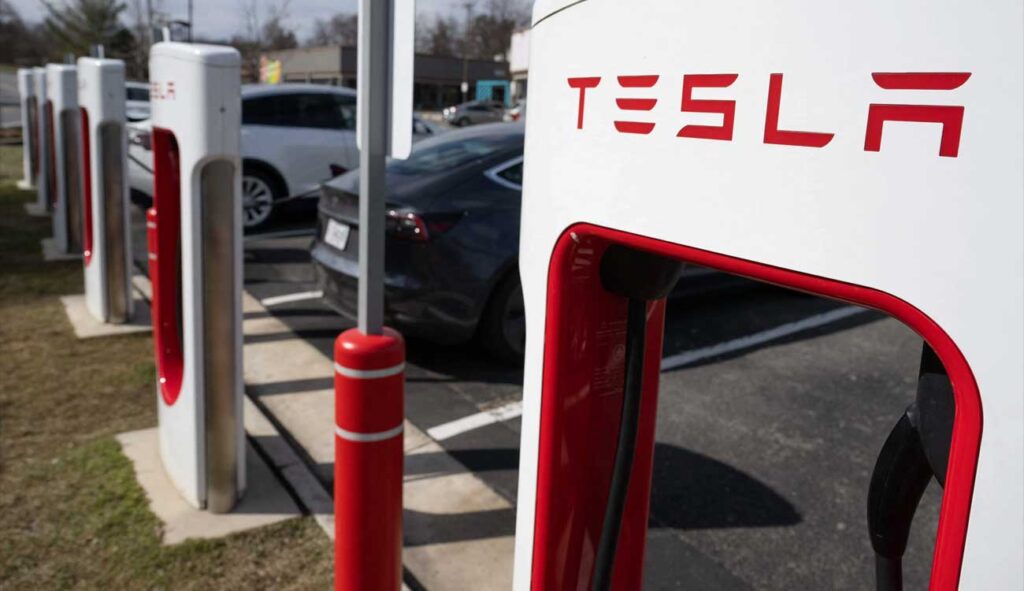Volkswagen Group has announced adjustments to its full-year 2025 financial guidance, highlighting the impact of persistent geopolitical and market challenges. Key factors, such as higher U.S. import tariffs, restructuring efforts, and an increasing reliance on lower-margin electric vehicles (EVs), have all played a significant role in reshaping its outlook.
The updated forecast suggests that 2025 group sales revenue will remain flat compared to 2024, a notable shift from the company’s earlier projection of up to 5% growth. Additionally, the operating return on sales is now expected to fall between 4.0% and 5.0%, down from its prior target range of 5.5% to 6.5%.
Challenges Behind Volkswagen’s Conservative Outlook
The German automaker cited several reasons for its revised forecast. Among them is the impact of U.S. tariffs, which resulted in a €1.3 billion cost hit during the first half of 2025 alone. Restructuring costs also weighed heavily, with €0.7 billion attributed to significant changes at Audi, Volkswagen Passenger Cars, and software subsidiary Cariad.
Volkswagen CFO and COO Arno Antlitz explained that the Group’s operating results were primarily affected by these factors. “The operating result declined by a third year-on-year due to higher sales of lower-margin all-electric models and other headwinds. We’re taking the right steps, but we must accelerate efforts to improve earnings and cash flow,” said Antlitz.
The data underscores these challenges:
- First-Half 2025 Operating Profit fell 33% to €6.7 billion.
- Operating Margin dropped from 6.3% (2024) to 4.2%.
- Net Cash Flow in the Automotive Division turned negative at –€1.4 billion, driven by mergers and acquisitions (M&A) activity, including a €0.9 billion increased stake in Rivian, and restructuring-related payments.
Volkswagen also adjusted its automotive net cash flow guidance for 2025 to a range of €1 billion to €3 billion, down from its earlier expectation of €2 billion to €5 billion. Net liquidity estimates shifted downward to €31 billion–€33 billion from €34 billion–€37 billion.
Much of the uncertainty stems from U.S. tariff levels. Current guidance accounts for the possibility of a continued 27.5% tariff rate on imports at the lower end, whereas the upper limits assume a reduction to 10%.
Momentum in EV Growth and Market Resilience
Despite the setbacks, Volkswagen’s EV business has shown promising signs, particularly in Europe. The company holds a leading 28% market share in European battery-electric vehicle (BEV) sales and reported a substantial 62% increase in EV order intake during the first half of 2025. Global vehicle sales, meanwhile, rose slightly to 4.36 million units.
CEO Oliver Blume expressed cautious optimism regarding the Group’s resilience and product strategies. “We expect the positive trend to continue in the second half of the year, supported by our product offensive,” Blume stated. New launches and consistent demand in key markets are expected to contribute to this upward momentum.
Addressing Internal Transformation and External Pressures
Volkswagen is navigating a volatile automotive landscape characterized by tighter emissions regulations, mounting competition, and macroeconomic uncertainties. The Group remains focused on internal restructuring as evidenced by its investment in strategic initiatives, while also tackling external pressures like tariffs.
Although the company’s revision signals a more conservative financial stance, Volkswagen continues to prioritize long-term resilience by building on its growing strengths in the EV space.


